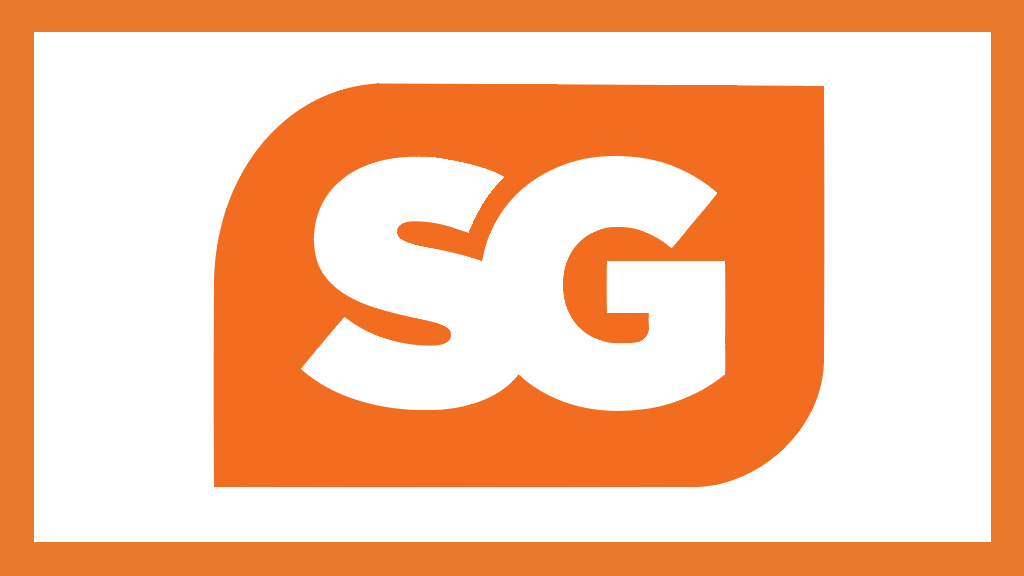Dr. Jeremy Haefner, provost and senior vice president of Academic Affairs, gave a presentation regarding Academic Affairs' goals and strategies. Haefner laid out the new strategic guidelines for RIT under President Munson, spoke on the plan to either renovate or expand the Wallace Library, encouraged study abroad and touched on the intercollegiate reputation and involvement of RIT.
The next order of business was Lee Twyman from the RIT Ombuds Office. Looking to spread awareness of her role, the Ombuds Office serves to mediate conflict within RIT. Whether it be between students, faculty or staff of any level and any combination, the Ombuds Office works independently of all other departments on campus to ensure neutrality and bring about the best agreement. The office is located in SAU room 1110.
After professional presentations, next up were the Student Government Committee Heads — those who lead the six internal Student Government Committees: Academics and Co-Ops, Housing and Dining, Facilities, Parking and Transportation, Student Affairs, Sustainability, and Technology. Each head covered their respective committee’s charges and goals for the year.
First up was Tony Mendoza, head of Academics and Co-Ops Committee. His committee has been charged with support for library expansion, the requirement of professors to post grades on MyCourses, obtaining free Adobe licensing software for students and investigation into the exam schedule. Academics and Co-Ops Committee meets every Thursday, 6–7 p.m. in the SG Conference Room.
Evan Zachary, head of Sustainability Committee, followed Mendoza. He stressed the need to create Sustainability subcommittees — disposable product management, energy conservation, vegan/vegetarian dining and organic waste management. Zachary also looks to reestablish RIT Sustainability House in dorms, reduce usage of disposable products, improve the Ozzi system across campus and establish an ethics advisory subcommittee for RIT. He also drew attention to the in-progress behavioral experiment, "Watch your Waste," happening in certain dorm buildings, in which waste is being gauged and reported. Sustainability Committee meets every Wednesday, 4–5 p.m. in the SG Conference Room.
Next up was Bryan Gascon, head of the Facilities, Parking and Transportation Committee. On his agenda was expansion and redesign of the RIT Nap Map with the inclusion of coffee spots on campus. He also is working on fixing streetlights around campus, reworking the RIT Shuttle System, establishing a bus route between RIT and University of Rochester, further defining the biking pass to improve pedestrian safety, reworking parking, obtaining 24-hour lab access for students and looking into the possibility of swings on campus. He is working with Sustainability Committee as well, to officiate a policy of planting at least one new tree on campus for every tree removed. FPAT Committee meets every Tuesday, 5–6 p.m. in the SG Conference Room.
Marc Billow, head of Housing and Dining Committee, is working on bed bug awareness and education. Billow is also working to find space optimization alternatives. Housing and Dining Committee meets every Wednesday, 5–6 p.m. in the SG Conference Room.
Following Billow was Daniel Perez Gil, head of Student Affairs Committee. He looks to hold interactive financial literacy events throughout the year, establish a scholarship for short-term study abroad, expand and advertise Project SpiRIT, work with business owners to provide coupons and discounts to RIT students and to create affordable RIT apparel. Student Affairs Committee meets every Thursday, 4–5 p.m. in the SG Conference Room.
Finally, the Technology Committee, headed by Melissa Laskowski, presented. They are looking to make students’ UIDs more secure, establishing outdoor WIFI, including a pronouns option for students on MyCourses and ensuring students who sign up for a class with a certain professor aren’t given a different professor at the start of the year. It is also stressed that some technology issues cannot be addressed by Student Government, as RIT often outsources many systems such as MyCourses and SIS to outside companies and therefore has little say in their design. Technology Committee meets 2–3 p.m. every Tuesday in the SG Conference Room.
New charges were then added, including investigating a pass/fail grade system for electives, having deaf-friendly emergency systems for elevators and expansion of college-wide ASL resources. Completed charges were removed, including getting ride-sharing to Rochester, getting parking passes for student employees and replacing couches on campus. Senate adjourned with a few final updates and wishes for a happy autumn.








